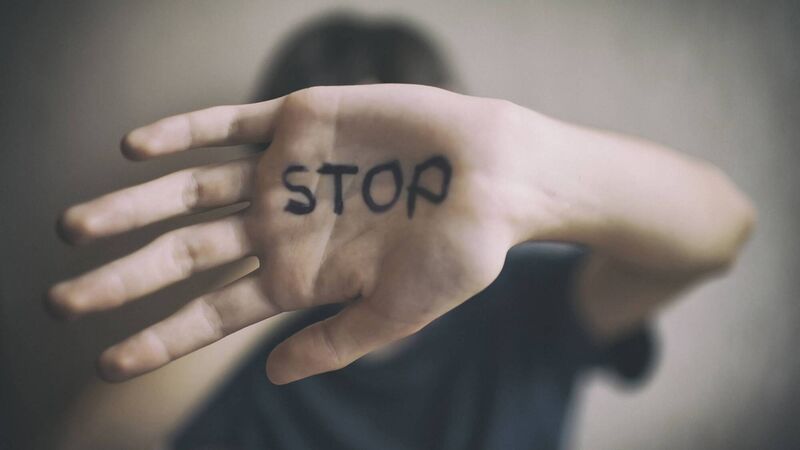Derval McDonagh: Pattern of outrage at abuse revelations is familiar but we need real change

A radical conversation and a movement for change based on human rights principles if we never want to hear a story of the abuse of people with intellectual disabilities again.
The last few months have been particularly difficult for people with intellectual disabilities and their families with the stories of abuse and the 'Grace' and 'Brandon' reports surfacing again. There is a pattern familiar to those of us who work within advocacy; outrage at the stories of abuse followed by silence, in a cycle that can be disheartening and troubling. How many more stories will we hear before real action is taken?
In the narrative, it is rare to hear mention of a person’s human rights and how they are infringed upon by having to continue to live in an environment where they experience ongoing abuse. Instead, we mainly hear about the need for reinforcing policy and better accountability by staff and management. The system, in effect, is speaking to itself. Someone asked me recently if I felt that there was an urgent need for reform in how we support people with intellectual disabilities.










